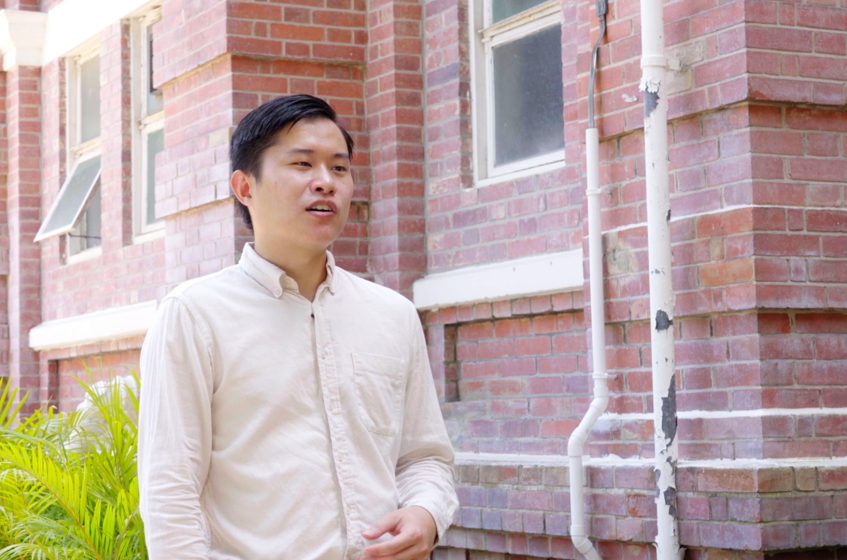
Navigating Our Polarized World: Professor Kian Siong Tey Decodes the Art of Agreeing to Disagree
Professor Kian Siong Tey is acutely aware of how divided society has become. With people taking more extreme positions these days, it is ever-more challenging to find common ground, let alone a resolution. Possessing a double major degree in Psychology and Philosophy, Professor Tey understands the intricacies of human interactions and organizational behaviours. This fascination with polarizing tensions, arising from actual or perceived differences, has driven him to study conflicts using a variety of experimental methods and advanced text analysis tools.
One of his recent works focused on how leaders can effectively communicate their stances on controversial social and moral issues – without making things worse. “If you say too much, you might upset some people. If you don’t say enough, you might seem like you don’t care,” he said. In his view, the person who has managed to strike a good balance is Unilever’s former CEO Paul Polman. The executive successfully communicated the conglomerate’s sustainability goals and matched its ambitions with a comprehensive action plan. By reshaping its business model with sustainability at its core, Unilever positioned itself as a green leader and influenced others to follow suit.
After obtaining a Ph.D. in Management from INSEAD and spending time in the United States and France, Professor Tey decided to further his professional career by relocating to Hong Kong in 2024. Compared to his home country of Singapore, he says Hong Kong’s close proximity to mainland China and its strategic location in Asia offer a rich cultural landscape that excites him. The city’s heavier emphasis on Asian cultures also provides him with a more diverse understanding of fundamental human behaviours outside of a Westernized context.
Professor Tey has since centred his research on determining when and why communicating moral values are helpful or hurtful for discussions. As his work on moral communication progresses, he hopes to delve deeper into effective strategies. The academic hopes his work can ultimately “shed some light on how individuals and groups who are embroiled in the worst organizational and societal conflicts in the world can resolve them”. His studies have been featured in journals including Organizational Behavior and Human Decision Processes, Journal of Management as well as Harvard Business Review. He also contributes to other meta-scientific and crowdsourcing projects.
Research aside, he dedicates his time to teaching at HKU Business School as an Assistant Professor in Management and Strategy. The academic is extremely keen on cultivating a learning environment where critical thinking and constructive critique are valued. Through interactive exercises, as well as thoughtful and respectful debates on case studies, he hopes students can “embrace the art of agreeing to disagree”. He strongly believes conflict is not always negative provided it can stimulate an exchange of ideas, and encourage individuals to adopt different perspectives.
When not teaching, Professor Tey enjoys the “competitiveness and cooperativeness” from a game of volleyball. He also unwinds by exploring Hong Kong’s parks and green spaces. Given the city’s easy access to nature, the young professor frequently ventures into the mountains to mull over research ideas.





